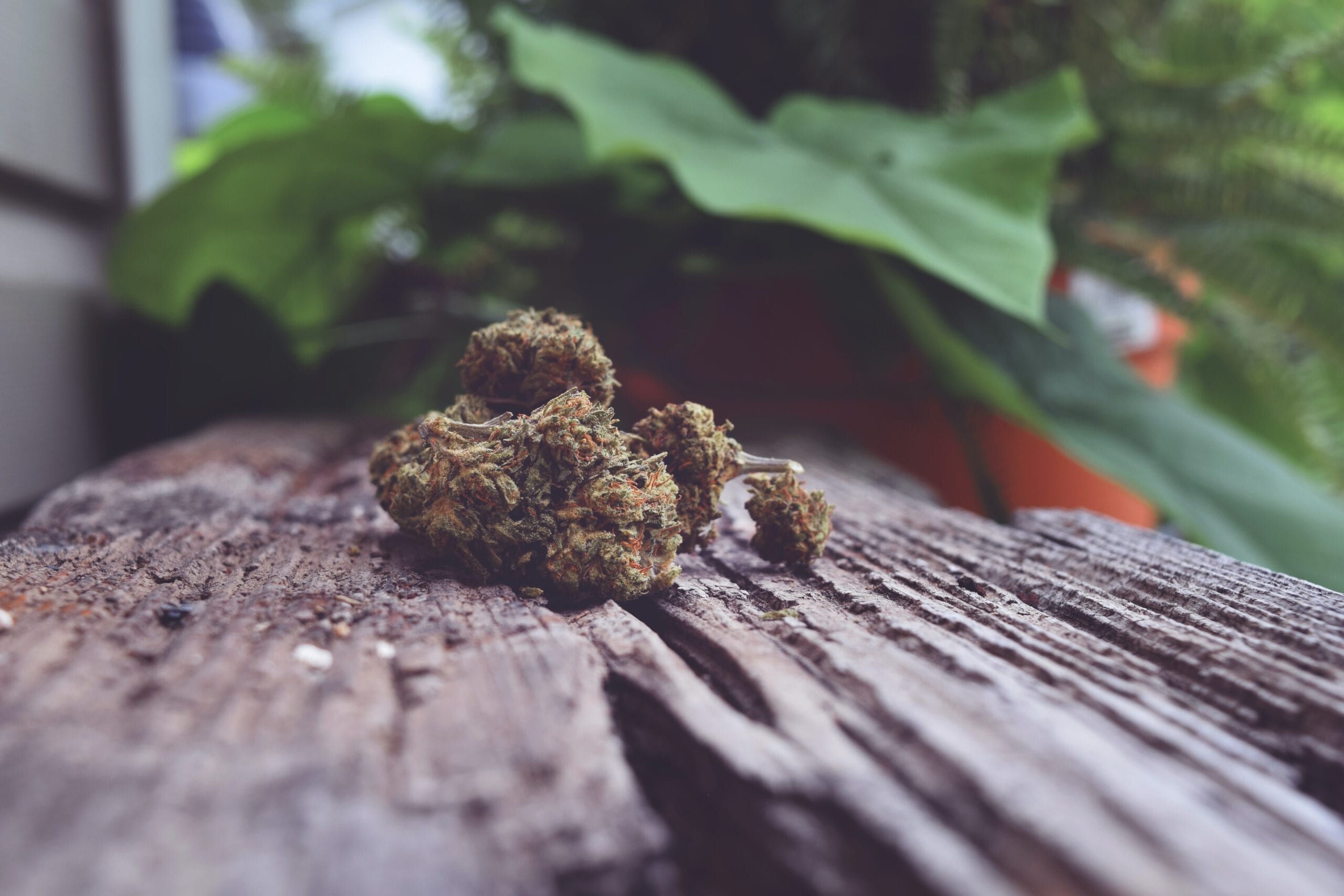CBGA or cannabigerol acid is one of the three main minor cannabinoids that come from cannabis or hemp flowers. This chemical compound also triggers plant cell necrosis, a phenomenon that causes the fall of leaves to divert the energy towards the flower. For those who may not know, a cannabinoid is a chemical compound that interacts with receptors in our body to reduce pain and provide relief. CBGA, on the other hand, is a chemical compound that performs a protective function for cannabis.
CBGA is one of the basic chemical compounds present in cannabis plants. Sometimes it’s even called the “granddaddy” of all other basic cannabinoids — THCA and CBCA — that are present in marijuana flowers. These minor compounds pave way for the second chemical compound formation, known as THC, CBD, and CBC. In this article, we shall discuss the potential benefits of CBGA and how it can be incorporated into life.
Let’s dive in!
Are CBD and CBG Different?
CBG comes from CBGA, as it forms the basis of cannabis. The manufacturing occurs when CBGA undergoes decarboxylation via heat or light. CBG is the first biogenetic cannabinoid or also called phytocannabinoid. It’s present in a minimum quantity in cannabis plants, but holds strong antibacterial, antiproliferative, sedative and bone-stimulative properties. To detect CBG’s presence in our body, experts run blood, plasma or urine tests. While in most cannabis strains, CBG converts into CBD or THC, and sometimes it only produces diluted versions, also known as cannabigerol. Both CBGA and CBG were discovered in the 1960s but scientists spent most time and energy on exploring CBD and THC, and CBG considering their commercial viability. Experts say CBG and CBGA both have abundant therapeutic properties. On a commercial scale, CBGA has only been used to extract THCA for pharmaceutical and research & development.
Why Should You Know More About CBGA?
Although very little is known about this minor cannabis compound, initial results show it has the potential to become yet another popular cannabis compound. Firstly, animal studies have shown CBGA may provide a cure against diabetes and cardiovascular diseases. CBGA is also extremely successful in inhibiting the enzyme aldose reductase. This enzyme is the leading cause of stress and heart problems. Although these results are basic and tests were conducted in a high dose-dependent environment, they tell us the CBGA could unshackle mysteries about this magical cannabis plant. At last, it’s a better option than synthetic inhibitor medications.
CBGA Against Metabolic Disorders
Those suffering from metabolic disorders may get relief via consumption of a regulated dose of CBGA, a 2019 study done via computer simulation suggests. The CBGA was assessed for its ability to activate peroxisome proliferator receptors (PPAR), which are responsible for regulating our metabolism. PPAR’s inability to function properly causes diabetes and cholesterol or triglycerides (dyslipidemia). In this study, CBGA was found to be successful in activating the PPAR receptors, which helped to correct metabolism by cutting the accumulation of excessive lipids. The initial signs are quite visible, though experts suggest only large-scale research could establish its authenticity.
CBGA Against Colon Cancer
It has shown signs that it could be quite effective against colon cancer cells and their growth. During research conducted to study the cytotoxic effects of the CBGA, it was seen the CBGA was able to kill colon cancer cells. It also prevented its early cell growth, stopping the proliferation of polyps, which later grow into carcinomas. Also known as colorectal cancer, this is one of the third major causes of deaths due to cancer. The study shows the CBGA diagnosis at the early stages of colon cancer can put a stop to cancer cell growth at a very early stage. Again, all the claims must be backed by large-scale research and clinical trials before CBGA gets the authorisation from the US Food and Drug Administration (US FDA).
Any Side-Effects of CBGA?
Firstly, research on it is minor. Experts are yet to fully explore its benefits, let alone side effects. However, those in the cannabis business for years and those who have used it, at their own risk, say the overdose of CBGA could cause tiredness and can put you into the relax mode, both physically and psychologically. Its overuse can also cause diarrhea. Our body can’t handle the high dosage of CBGA or any other cannabinoid, as they directly affect our digestive system. You may also experience diarrhea if you somehow consume CBGA in large quantities. Other symptoms like dry mouth, change in appetite and weight are some of the other effects of CBGA.
How To Consume CBGA?
You can ingest raw hemp that has a high concentration of CBGA. Make sure you ingest cannabis Sativa hemp after freshly harvesting it. Its THC content should also be little to not at all. Newly harvested hemp can have a maximum impact because of its exposure to heat and light, which synthesizes the acidic forms of cannabinoids like CBGA and stimulates them. Since more exposure to the sun could lead to further synthesis action into CBGA, it’s always better to consume hemp without fully developing it. Once full formation occurs, it turns into CBG.
Hemp tends to contain a higher concentration of CBGA, while cannabis comprises CBG in higher form. Despite these assertions, users should always consult their health experts before consuming cannabis compounds. It’s important for those who are allergic or under medication to seek medical advice before making cannabis or allied products as part of their life.
What’s The Verdict?
Like all other cannabinoids we have discussed on Healthmed.Org, CBGA also lacks research. Basic research is there but concrete evidence is still many years away. Countries like Mexico, Canada, and Uruguay could soon pump in huge sums of money to conduct large-scale research on all cannabis or hemp-based cannabinoids to understand how they can be utilized to gain maximum benefits. The CBD industry is booming and as research grows, more and more products could be flooding the market, promising a healthy life.


